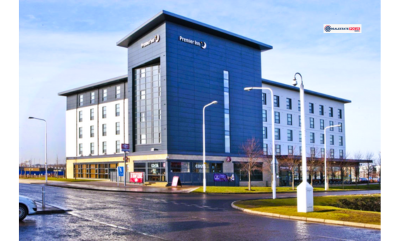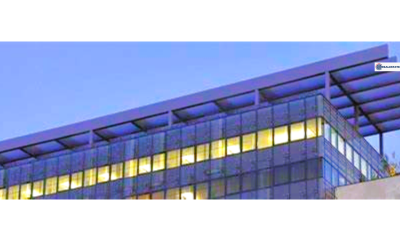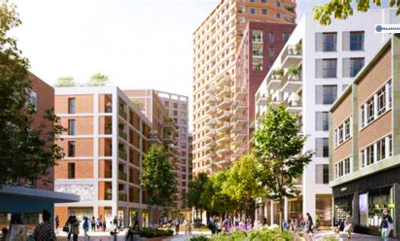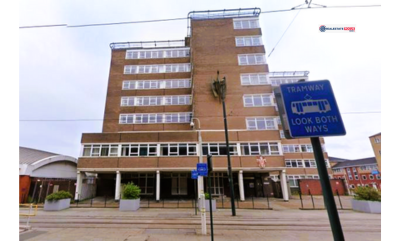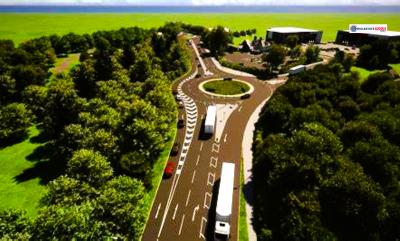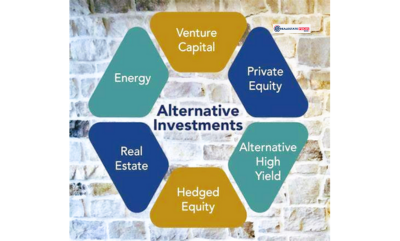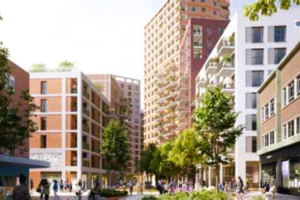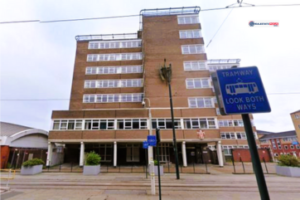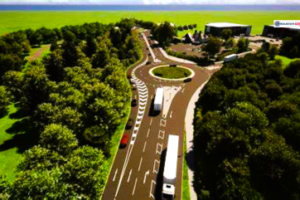
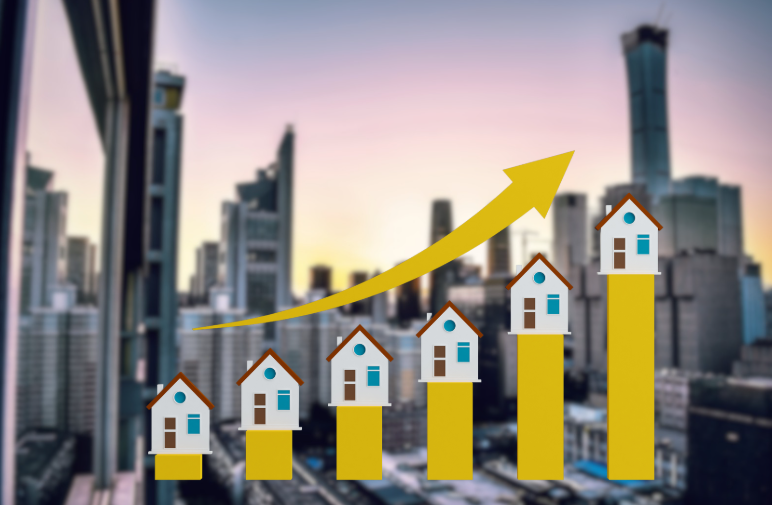
Philippine Real Estate Market Shows Growth and Stability
The real estate market in the Philippines continues to show strong growth, even in the face of challenges. It remains an essential part of the country’s economy, benefiting from the country’s steady population growth, increasing urbanization, and a growing middle class.
Both local and foreign investors remain interested in the market due to the country’s stable economy and promising future. Despite some short-term obstacles, the overall outlook for real estate in the Philippines is highly positive.
Supportive Infrastructure Development
Infrastructure projects being carried out by the government play an important role in sustaining the real estate market’s growth. These projects include improvements to roads, bridges, and public transport systems that make previously underdeveloped areas more accessible. The construction of these projects also increases property values in those regions. With easier access to key areas, there is an increasing demand for real estate developments, such as residential homes, office spaces, and shopping centers.
Rising Demand for Residential Properties
The residential real estate market is seeing significant growth, particularly in urban centers like Metro Manila, Cebu, and Davao. As more people move to cities for work and better living opportunities, the demand for housing is increasing. The country’s expanding middle class, fueled by economic growth and job creation, has also made homeownership more accessible to a larger portion of the population. This has resulted in more developers responding to the growing need for affordable and middle-income housing projects.
Commercial Real Estate Shows Strength
The commercial real estate market is also experiencing growth, particularly in office spaces and retail centers. As businesses in the Philippines continue to expand, there is an increased demand for office spaces, especially in urban areas where companies are setting up new offices. Metro Manila, in particular, has seen high demand for office leasing, driven by both local and foreign companies entering the market. The retail real estate market has also shown strength, with the expansion of shopping centers and malls across the country.
Industrial Real Estate Booms with E-Commerce Growth
The industrial real estate sector is one of the fastest-growing segments in the Philippine property market. As e-commerce continues to grow, the demand for warehouses, logistics centers, and distribution hubs has surged. Companies that deal with e-commerce and logistics need large spaces for storing and distributing goods, which has led to more industrial developments across key regions in the country. The growth in the online retail market has made industrial properties, such as warehouses and fulfillment centers, highly sought-after investments.
Government Policies and Support for the Real Estate Sector
Government policies aimed at supporting real estate development have also contributed to the market’s growth. The Philippine government has created an environment that encourages both local and foreign investment. One of the key elements of these policies is tax incentives for developers, which make real estate development more attractive. Additionally, easier access to financing and regulatory changes have made it easier for investors to navigate the real estate market.
Economic Growth Drives Real Estate Demand
The strong growth of the Philippine economy has also contributed to the real estate market’s resilience. As the country’s GDP continues to rise, so does the purchasing power of consumers. The middle class is expanding, and more people can afford to invest in property. With key industries, such as business process outsourcing (BPO), retail, and tourism continuing to grow, the demand for both residential and commercial properties remains strong.
Increased Foreign Investment in Real Estate
Foreign investment in the Philippine real estate market has increased over the past several years. The country is seen as a favorable investment destination due to its competitive real estate prices, attractive return rates, and strong economic growth.
This influx of foreign capital has been particularly evident in Metro Manila, but other cities like Cebu and Davao are also seeing increasing foreign interest. As the Philippine economy remains stable, foreign investors are confident in the country’s real estate market.
Resilience Amidst the Pandemic
Despite the setbacks caused by the COVID-19 pandemic, the Philippine real estate market has shown remarkable resilience. The pandemic led to temporary disruptions in construction and leasing activities, but the market has managed to recover. As the economy begins to bounce back, confidence in the real estate sector has returned.
This is reflected in the renewed interest in both residential and commercial property investments. The demand for homes, office spaces, and retail properties has returned to pre-pandemic levels.
Housing Needs and Government Initiatives
The Philippines has a large housing backlog, particularly in the affordable housing sector. The government has recognized this need and is focused on addressing the gap by implementing initiatives that encourage more housing development. These initiatives include partnerships with private developers to build affordable homes for low-income families.
With a population exceeding 100 million people, the demand for housing remains high, and there is an ongoing effort to meet this demand by increasing the supply of affordable housing.
Challenges and Rising Construction Costs
Despite the optimism, there are challenges that could impact the pace of development. One of the key challenges is rising construction costs, driven by inflation and the cost of raw materials. Developers are under pressure to maintain affordability while facing higher input costs. As a result, developers must carefully manage their budgets to ensure that projects are completed on time and within budget. While these challenges may slow development in some areas, the demand for real estate will likely continue to outweigh these obstacles.
The Role of Technology and Innovation in Real Estate
Technology and innovation are becoming increasingly important in the Philippine real estate market. Developers are incorporating new technologies and smart systems into properties, making them more energy-efficient, secure, and user-friendly. This includes the use of renewable energy sources, automated systems for homes and offices, and digital features that enhance the overall living experience. As technology continues to advance, it is expected that more developments will incorporate smart features that appeal to modern buyers.
Sustainability Becomes a Priority in Real Estate Development
Sustainability is now an important factor in property development. Developers are increasingly focusing on building environmentally-friendly properties that minimize energy consumption and reduce their environmental impact. This trend is in response to growing consumer demand for sustainable living options.
Green buildings, energy-efficient homes, and eco-friendly commercial properties are becoming more common in the Philippine market as sustainability becomes a key focus for both developers and buyers.


